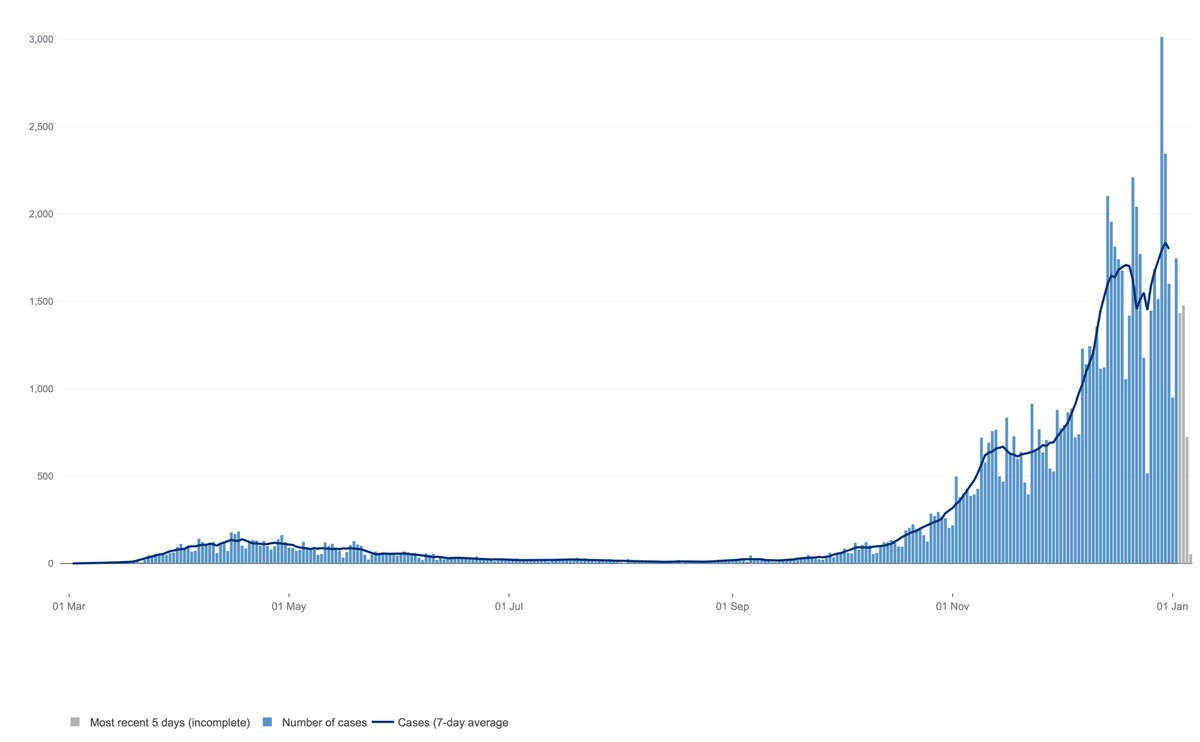
Chris Whitty, writing in The Sunday Times says “The NHS is facing the most dangerous situation anyone can remember.” Says the service risks being overwhelmed in a fortnight and “Hospitals won’t have room to take redirected emergency cases.“
Whitty continues: “Staff patient ratios, which are already stretched, will become unacceptable even in places like intensive care. There will be avoidable deaths.”
As striking as the piece is, can’t help feeling might be more effective if Whitty and Vallance were also touring the TV studios this morning to project the message. Outside the confines of the briefings, we’ve barely seen either in interviews for months and months.
That goes for Simon Stevens too.
The briefings are less frequent too than they were before. They were scaled back because we were no longer in full crisis mode. Yet in many ways the crisis is worse now than it was in spring but the daily briefings (in England) have not returned.
The briefings are less frequent too than they were before. They were scaled back because we were no longer in full crisis mode. Yet in many ways the crisis is worse now than it was in spring but the daily briefings (in England) have not returned.
Full words from Whitty can be found here (no paywall) gov.uk/government/new…
• • •
Missing some Tweet in this thread? You can try to
force a refresh






